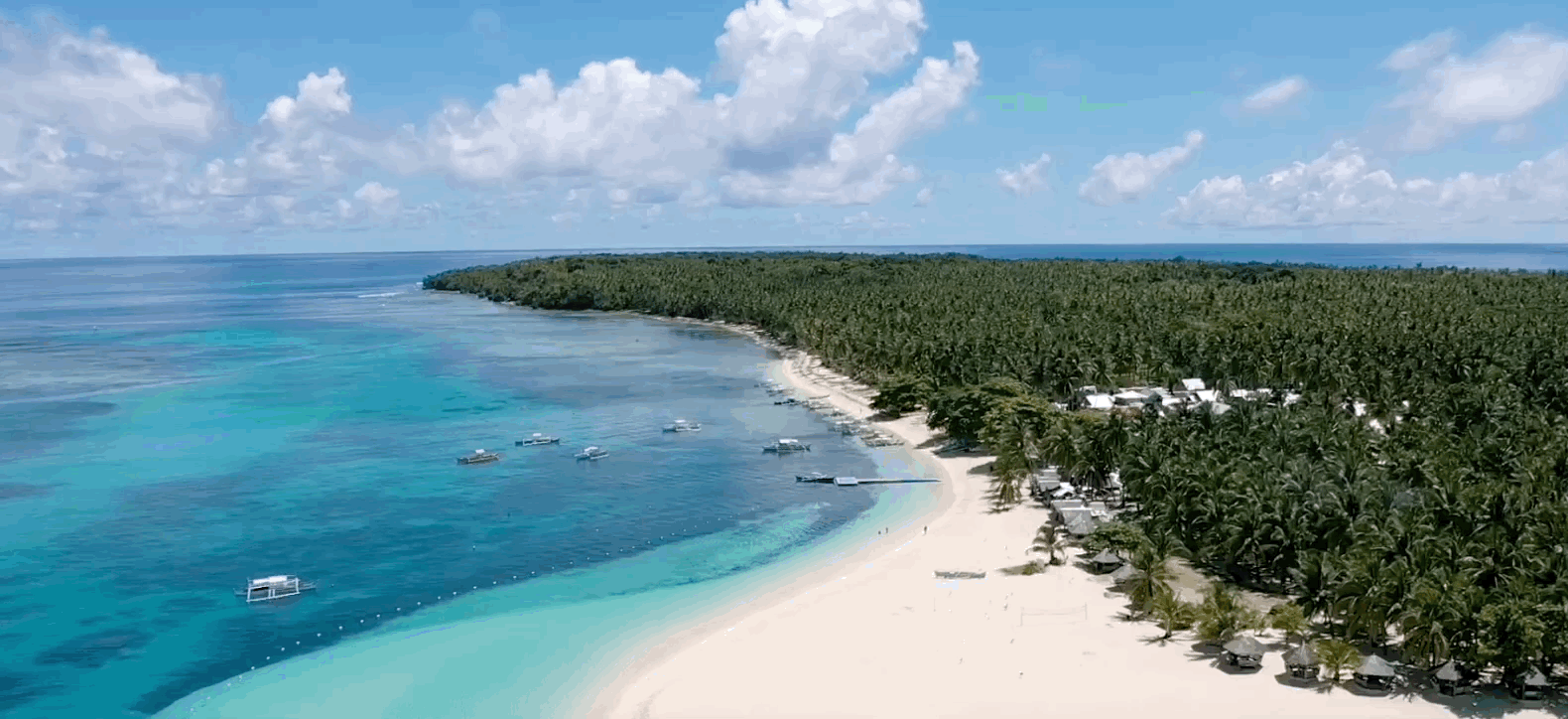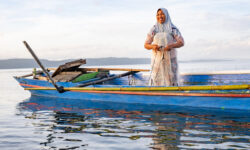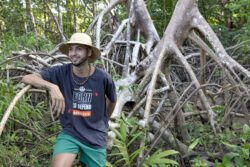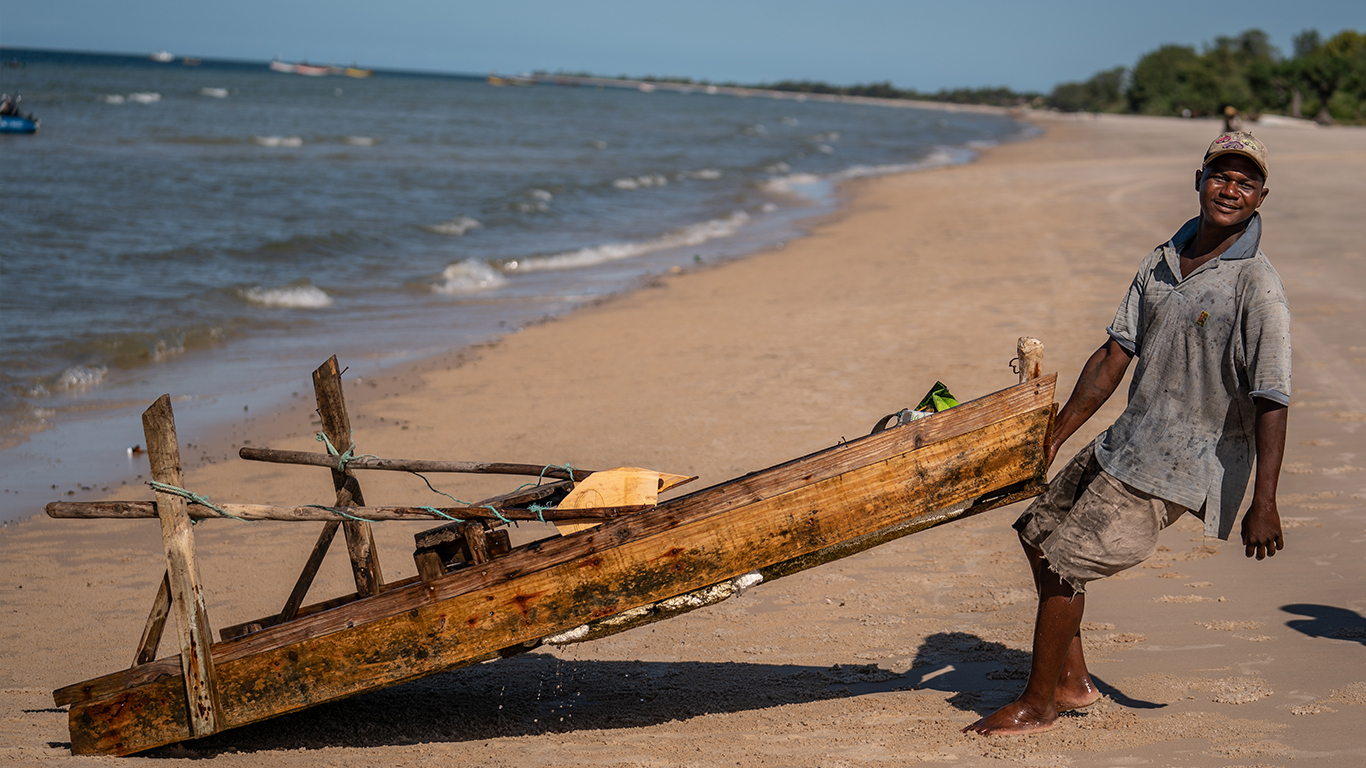Financing social and ecological resilience on nature’s frontlines
Small-scale fishers and smallholder farmers around the world live amidst a wealth of natural resources, but are often unable to benefit from their value. These communities lack access to formal financial services like bank accounts, formal debt, or insurance, while financial service providers and development organizations cannot effectively deliver resources to these communities.
When traditional finance fails, innovative finance is needed. Rare’s Innovative Finance program connects rural and remote communities on nature’s frontlines to the formal financial sector, helping them build resilience to financial shocks fueled by climate change.
Explore the elements of Innovative Finance at Rare
Connecting communities to the formal economy
The formal economy consists of traditional financial services like savings accounts, insurance, and affordable loans. Most small-scale fishing and farming communities are rural and remote, far from banks and other financial institutions that provide these services, leaving fishers, farmers, and other rural residents vulnerable to impacts from emergencies, pandemics, or climate change. In this Rare Quotes, Rare Vice President of Innovative Finance Kate Schweigart discusses Rare’s approach to connecting communities to the formal economy.
How Rare deploys innovative finance
 |
The Small-Scale Fisheries Impact Bond: De-risking investment in coastal communities & ecosystems Rare launched the world’s first Small Scale Fisheries Impact Bond to channel private capital toward the revitalization and sustainable management of coastal communities and ecosystems. |
 |
Insuring fisher households Rare designs and deploys innovative insurance products to help local communities withstand the financial fallout from climate change. Rare works with financial institutions and insurance providers to meet the needs of fishing communities and small and micro fish-related enterprises. |
 |
Advancing nature-based solutions Rare’s approach to blue carbon stems from its commitment to support local communities in sustainably managing and maintaining their natural resources. With a rights-based approach to community resources, our practitioners and field experts help small-scale fishers and smallholder farmers improve practices for fisheries management plans. |
Stay Connected
Sign me up for occasional emails to learn more about Rare’s work and how I can support its mission. I know I can unsubscribe at any time.
Featured innovative finance content
.
Our Innovative Finance program partners
The following is a sampling of Innovative Finance’s donors and partners (past and present).

